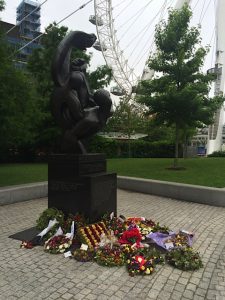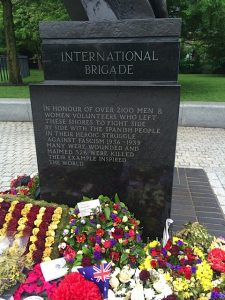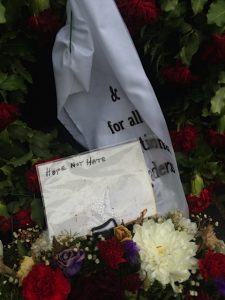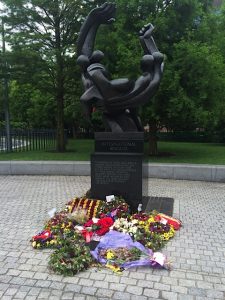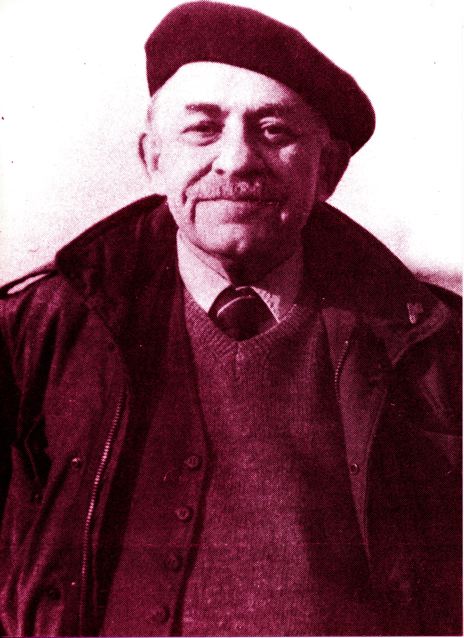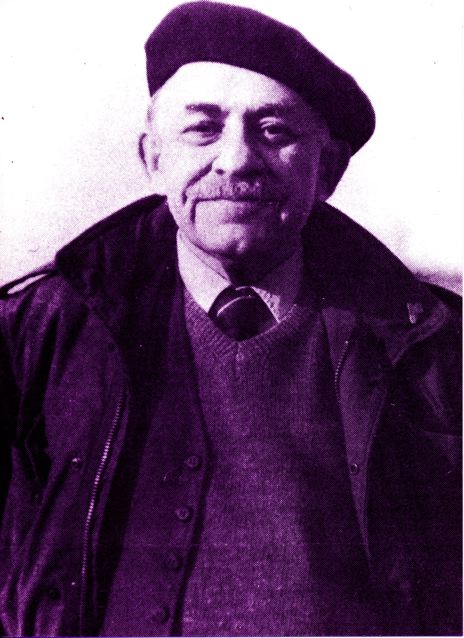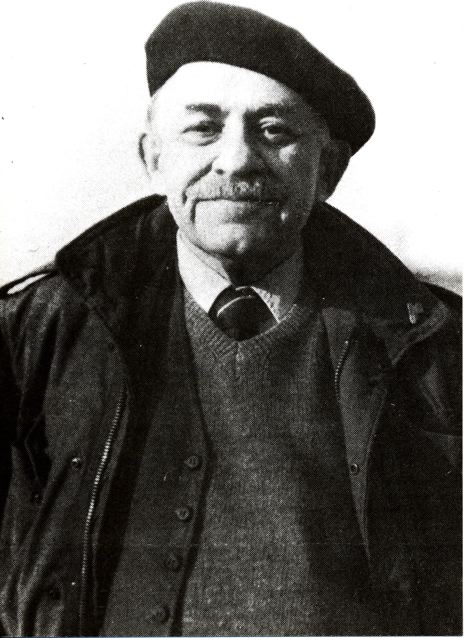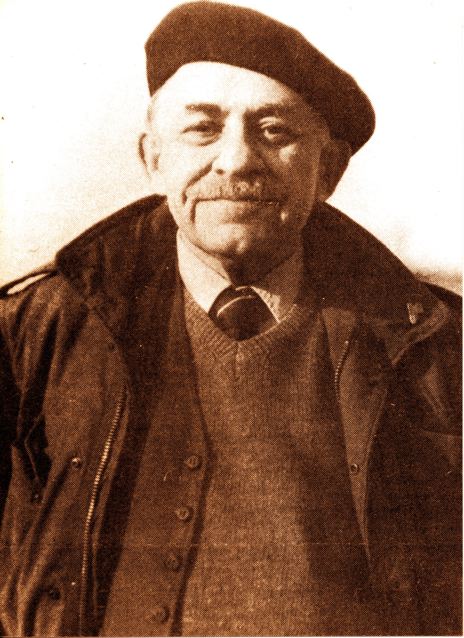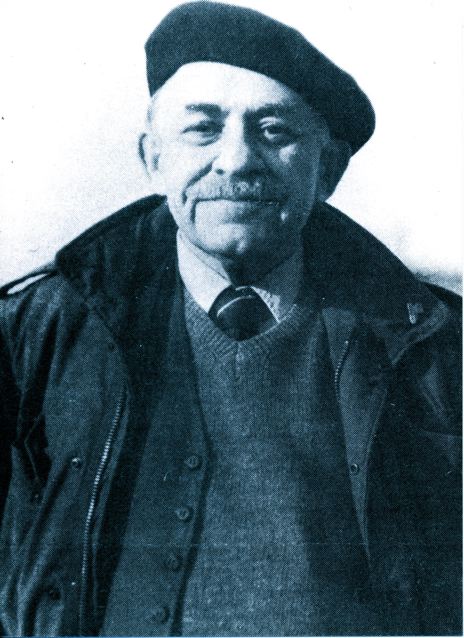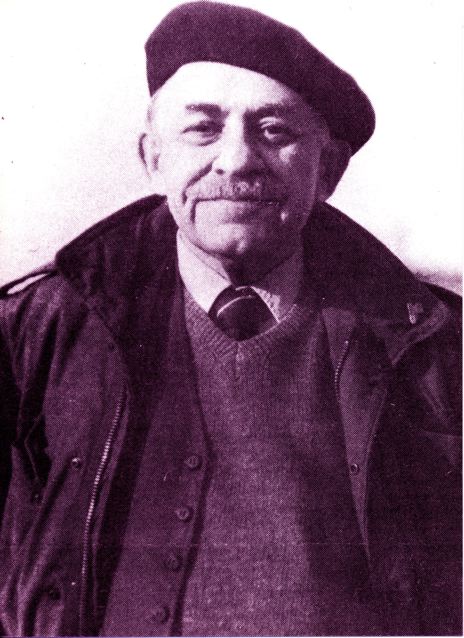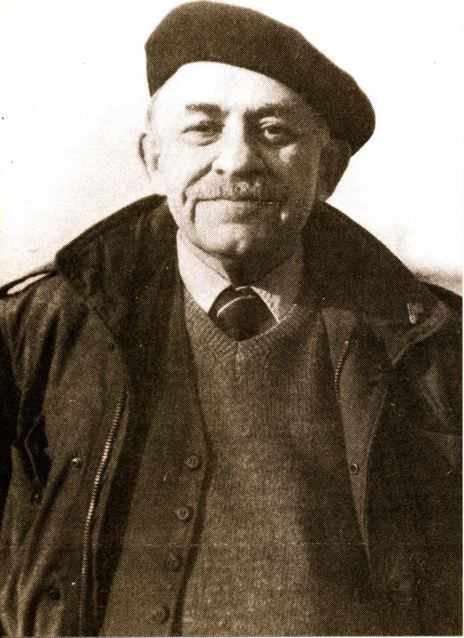In this extract of an interview, John ‘Bosco’ Jones recounts what it was like to be living in East London in the 1930’s when there was an active fascist movement. Bosco was later a member of the anti-fascist International Brigade ( see Bosco’s interview on International Brigade ). He went to great lengths to help the people of Spain fight against the nationalists during the Spanish civil war. However, when he was living in East London during the early 1930’s the fascist movement was growing stronger and stronger thanks to the British Union of Fascists (BUF), with Oswald Mosley in charge. Mosley was inspired by the likes of Hitler and Mussolini and when he first started campaigning he had the support of the Daily Mail and The Mirror newspapers. This support waned when riots started breaking out at fascist meetings, most famously the Rally of Olympia, which meant their party could not take part in the 1935 general election.
Anti-fascist groups were made up of many different types of people such as communists, Jews, socialists and the unemployed, these groups tended to congregate in areas of the East End of London, such as Shoreditch. Bosco himself took part in anti-fascist meetings and rallies, which were often interrupted by the BUF and fights between the two groups were common, particularly as the BUF were anti-semitic and anti-communist. After the end of the second world war in 1945 many people who were coming out of the army found they were still fighting fascism.
In the 1980’s, when Bosco’s interview took place, although the amount of active fascists had gone down he still expressed concern over Thatcher’s government banning protesting and opposing the trade unions. Bosco states this time as being “as dangerous to me now as it ever was in ’36.”
Watch the full length Bosco interview about fascism here
Spectacle’s homepage
Like Spectacle on Facebook
Follow Spectacle on Twitter

